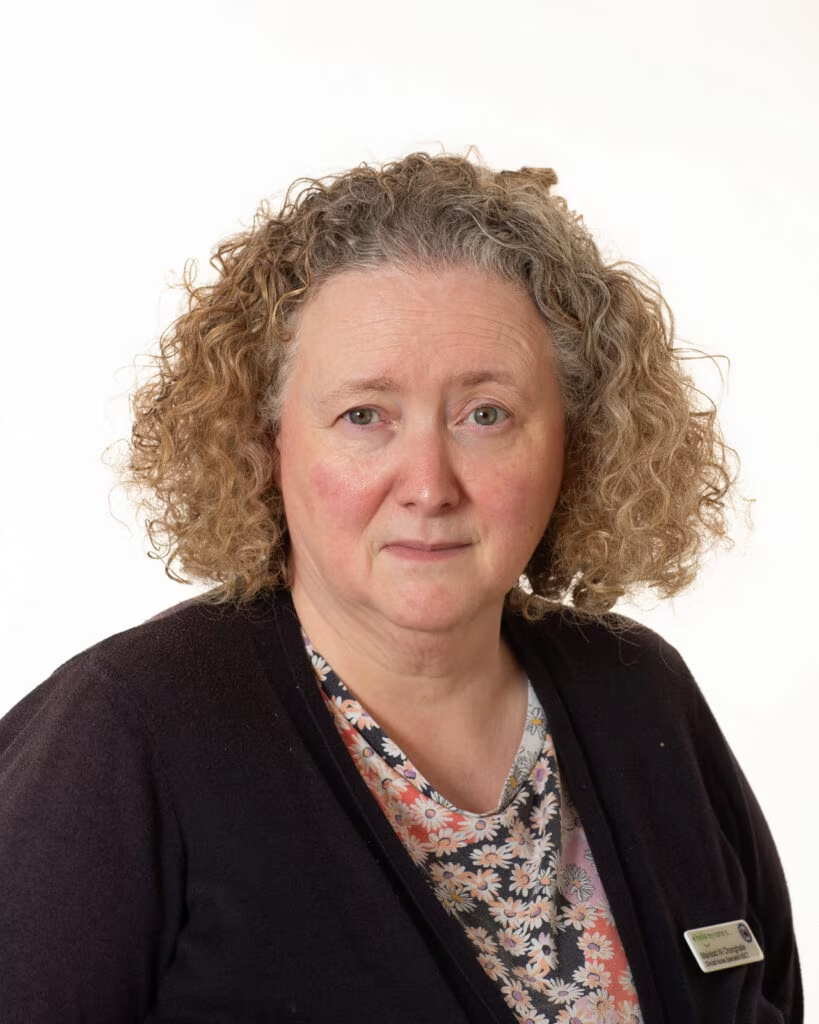Anaemia
An Introduction to Anaemia
Anaemia is a condition in which an individual’s haemoglobin concentration and/or red blood cell numbers are lower than normal, most commonly affecting young children and pregnant women, developing due to an imbalance in erythrocyte loss and production. Nutritional deficiencies, inflammation and genetic haemoglobin disorders can contribute to ineffective erythrocyte production, while haemolysis and blood loss can contribute to excessive loss of erythrocytes. The leading cause of anaemia is iron deficiency, which occurs in 15% of the population. When caused by nutritional deficiencies, common treatments for anaemia involve the administration of the nutritional supplements iron and vitamin B12. However, the impact of these nutritional supplements can vary due to the bioavailability and absorption from different nutrient supplement preparations. Blood transfusions, bone marrow transplants and immunosuppressant drugs are treatment options for patients for whom red blood cell production is affected by causes other than nutritional deficiencies, such as autoimmune disorders.
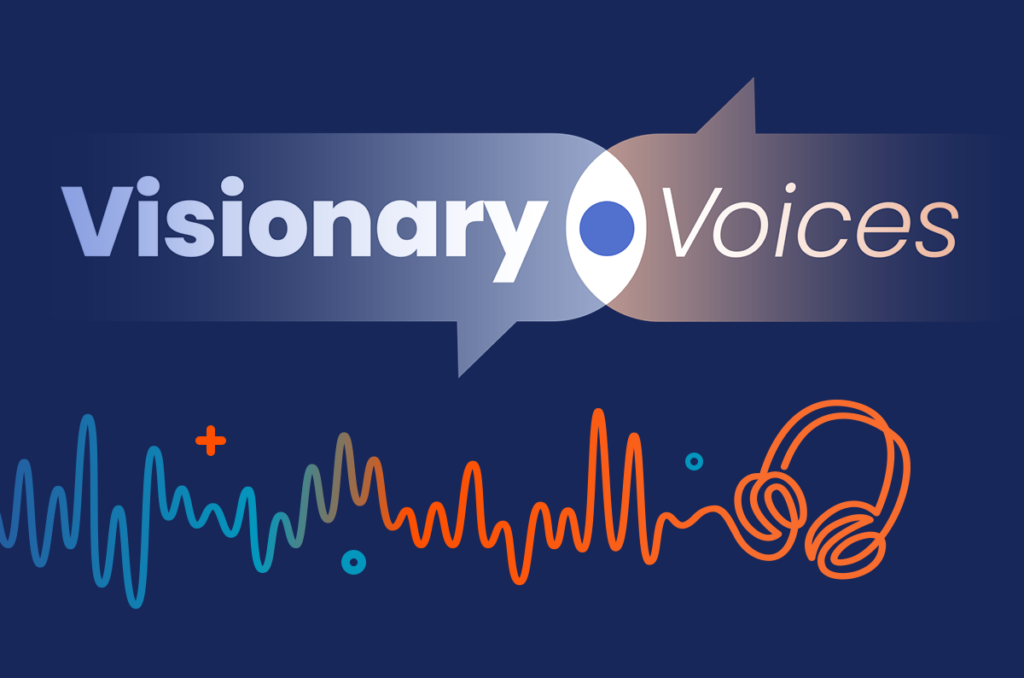
Physician burnout is at a critical point. In this episode, Nicky speaks with Dr Alfred Atanda about why so many physicians are burning out and what can be done to change the trend. From personal experience to system-wide solutions, Dr Atanda shares valuable insights on improving physician well-being and building a more effective healthcare culture.

In this episode, we explore the future of continuing medical education (CME) with the team behind touchIME. Hannah Fisher and Matthew Goodwin share insights into global and US trends, the importance of patient inclusivity and how educational outcomes are evolving to better measure the direct impact of learning on clinical practice and patient care.
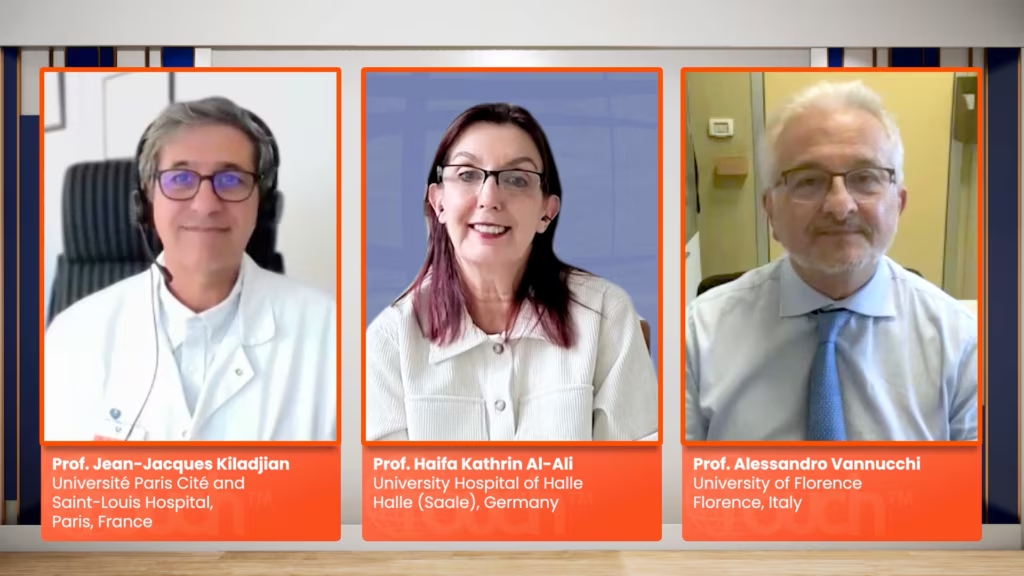
Three experts discuss the burden of myelofibrosis and anaemia/thrombocytopenia and targeted treatment options.







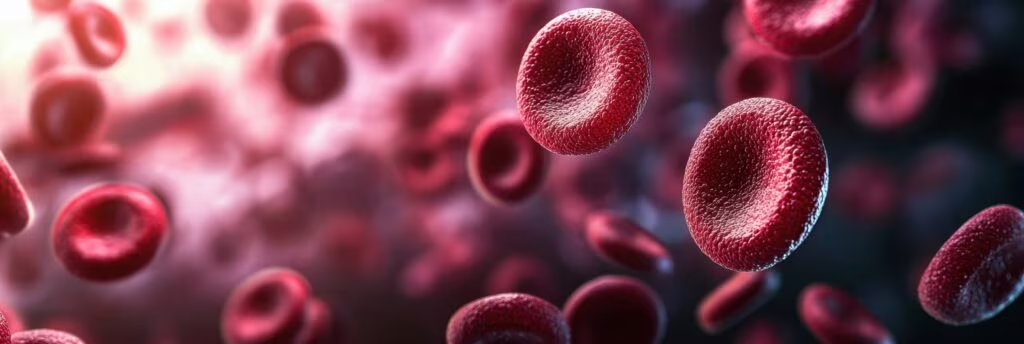
The American Society of Hematology (ASH) held its 66th Annual Meeting from 7–10 December 2024. Among the highlights of the meeting were six late-breaking abstracts that have the potential to influence how healthcare professionals approach a range of condition,s from introducing ...
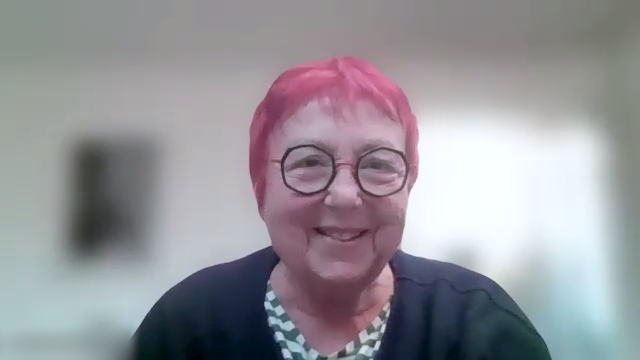
Françoise Bernaudin (Intercommunal Hospital of Créteil, Créteil, France) joins touchHAEMATOLOGY to discuss the DREPAGREFFE-1 (NCT01340404) and DREPAGREFFE-2 trials (NCT 05053932). DREPAGREFFE-1 was the first prospective study to compare allogeneic stem cell transplantation (alloSCT) with standard-of-care (SoC) for children ...

Françoise Bernaudin (Intercommunal Hospital of Créteil, Créteil, France) joins touchHAEMATOLOGY to discuss the main challenges in implementing alloSCT as a treatment for sickle cell anaemia in children, particularly with significant disparities in access to curative treatments like ...
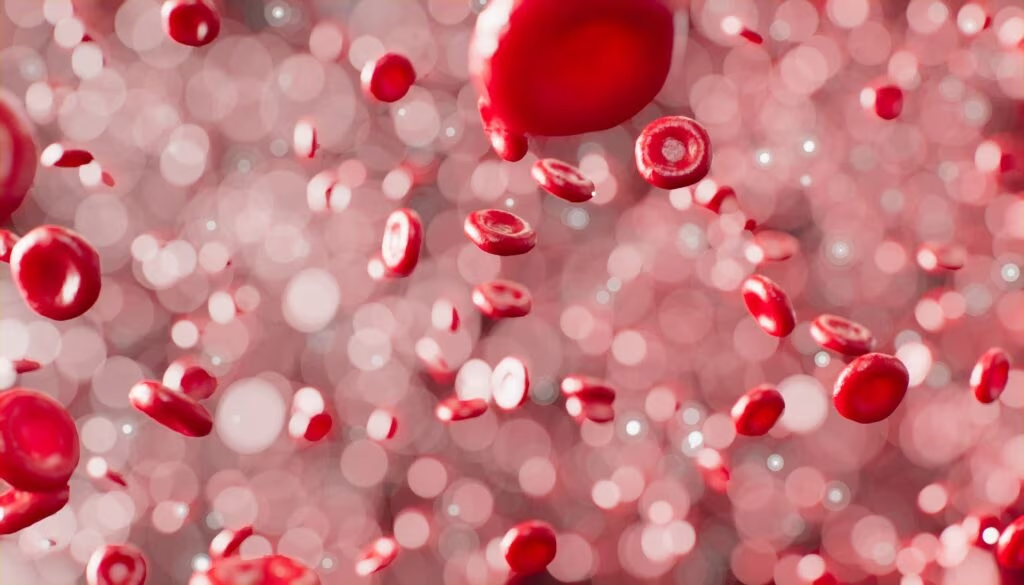
Cold agglutinin disease (CAD) is a rare haemolytic anaemia that causes fatigue, chronic inflammation and thromboembolic complications. Until recently, no therapies have been approved for CAD. Off-label rituximab – a B-cell depleting antibody – induces a short-lived partial response in around half ...
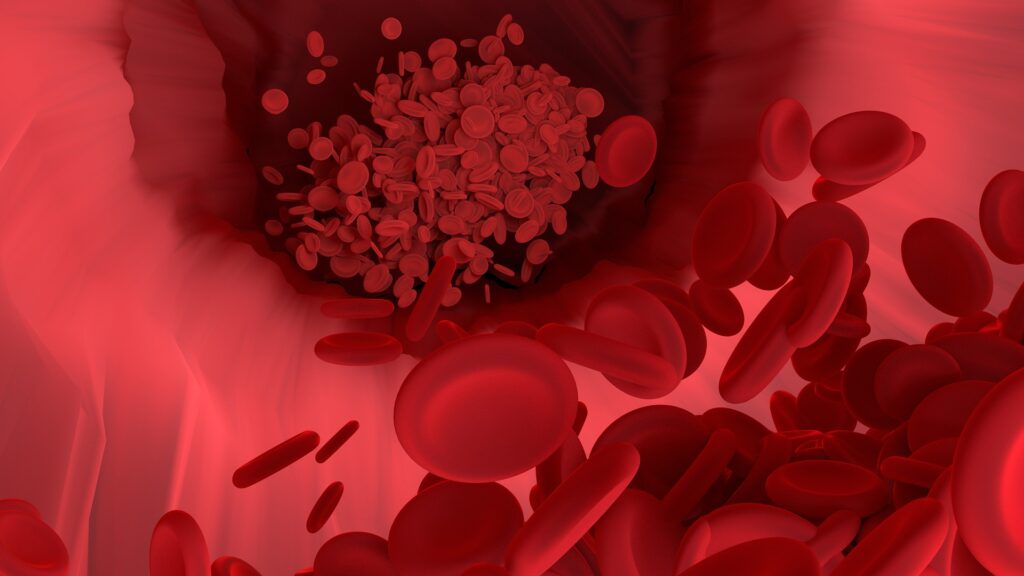
In the burgeoning age of personalized medicine, the treatment of rare anaemias is being transformed from one relying on transfusions and general immunosuppressants to one targeting the underlying disease pathology. Rare anaemias currently experiencing this shift include the autoimmune haemolytic ...
Latest articles videos and clinical updates - straight to your inbox
Log into your Touch Account
Earn and track your CME credits on the go, save articles for later, and follow the latest congress coverage.
Register now for FREE Access
Register for free to hear about the latest expert-led education, peer-reviewed articles, conference highlights, and innovative CME activities.
Sign up with an Email
Or use a Social Account.
This Functionality is for
Members Only
Explore the latest in medical education and stay current in your field. Create a free account to track your learning.



